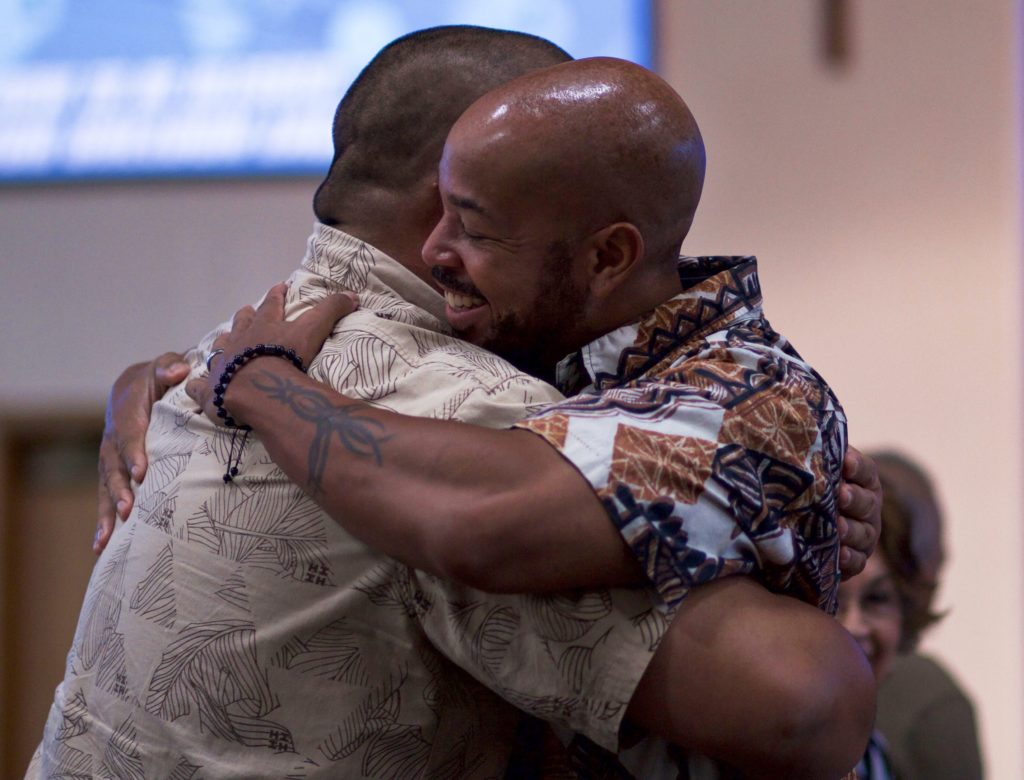A popular story in the Bible is The Prodigal Son in Luke 15. Most are familiar with how this younger son desired his portion of the father’s inheritance, received it, and journeyed away to waste it all. He found himself stooping to a standard no self-respecting Hebrew would even imagine: feeding and eating after pigs just to stay alive.
We all rejoice when this younger son “came to his senses” (Luke 15:17 NLT) and returned home to repent and serve his father. He knew he had deeply disrespected his father and forfeited his rights as a son; therefore, he was willing to become a servant. But the father gladly received him, forgave him, and restored his position and privileges as a son. The entire household prepared to rejoice – all but one.
Resenting What Causes the Father to Rejoice
There is always one. There will always be someone who cannot rejoice over a fallen or broken brother or sister returning home to experience grace, forgiveness, help, and restoration. They display the same misunderstanding of the older brother in Luke 15:
- That brother did not leave home, but was still not in tune with the father’s heart.
- That brother was outwardly close to the father (lived at home, around him every day), but enjoyed none of the father’s benefits.
- That brother complained about all that was spent on restoring his brother – when it was already his to enjoy.
- That brother complained that the father never gave him any reward – when the father’s riches were always at his disposal.
The older brother, and those who are jealous of the efforts expended in restoring a fallen or broken brother or sister, are guilty of a terrible danger: the danger of living in the father’s house (being in the church) but living apart from the father’s best (not enjoying an ideal personal relationship).
The older son was jealous of the expense, effort, forgiveness, and celebration for the other brother’s return. There will be others like him who resent the efforts invested in restoring the fallen/broken. They will ask questions like:
- “Didn’t they reap what they sowed?”
- “Didn’t they earn their current pain?”
- “Isn’t that just too bad?”
- “Why waste this effort/expense on someone who failed?”
These are fellow church members who do not realize their own mistakes and failures have been forgiven; or fail to realize they have made mistakes or failed. Their greatest failure is resenting what causes the Father to rejoice.
Restoration Causes the Father to Rejoice
The father in Luke 15 is a beautiful picture of our heavenly Father who loves his children and desires for them all to be in fellowship. We often highlight how the father received the younger son:
- Accepting his humility (the father recognized the repentance in the son’s offer of servanthood – vs. 21)
- Covering his condition (the father covered his son’s rags with the “finest robe” – vs. 22)
- Restoring his authority (the father ordered “a ring for his finger” – vs. 22 – likely a signet ring that allowed him to wield the authority of a family member)
- Reaffirming his position (the father ordered “sandals for his feet” – vs. 22 – slaves didn’t wear shoes, but the family did)
What we often miss is how the father seemed surprised that the older son had not partaken of these benefits: “everything I have is yours.” (Luke 15:31 NLT)
Those who walk closely with the father and love what he loves realize the awesome treasures that come with being his child. Our sins are covered, we are children of the Most High, he calls us family, not slaves, and we are encouraged to “ask anything in His name.”
If we truly love the father, we will love what he loves – we will not resent what causes him to rejoice. The father in Luke 15 saw it is necessary to rejoice over his returned son: “We had to celebrate this happy day. For your brother was dead and has come back to life! He was lost, but now he is found!” (vs. 32)
The father’s heart is to restore. Where is your heart regarding the fallen and the broken?
This topic is discussed more throughout the book re.CLAIM.ing – A Handbook for Developing a Restorative Culture in Your Church, but particularly in chapter 11. Get your copy of the book today and fill out the contact form if you need assistance.


